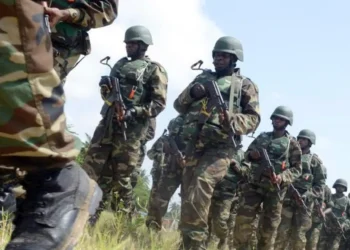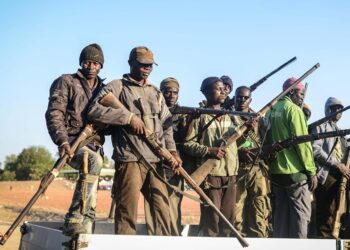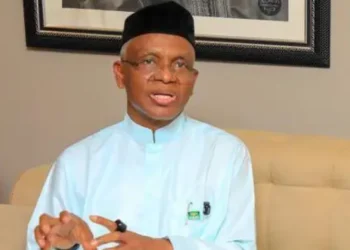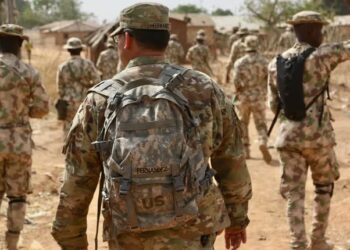Catholic Archbishop of Abuja, Most Rev. Ignatius Kaigama, has warned that Nigeria will remain trapped in insecurity and underdevelopment unless corrupt leaders face decisive accountability.
The Archbishop made the statement on Sunday during a pastoral visit to St. Luke’s Catholic Church, Kubwa, Abuja, where he also administered the sacrament of confirmation to approximately 500 candidates. The visit coincided with the feast of Christ the King, a worldwide Catholic celebration featuring street processions to honor Christ’s universal kingship.
Addressing the congregation, Kaigama said Nigeria’s challenges demand serious reflection from both citizens and those in positions of power. “On a day like this, I should have been at the Pro-Cathedral for Christ the King, but when Rev. Fr. Celestine Eze told me about the 500 recruits for Christ, I knew I had to be here,” he noted.
Reflecting on the significance of the feast, introduced a century ago to seek divine intervention during global crises, the Archbishop observed that humanity’s problems persist. He prayed for a change of heart among those who commit evil in the country.
Kaigama expressed deep concern over Nigeria’s worsening security situation and questioned the effectiveness of the nation’s security agencies. “Police in other countries are people you run to in times of trouble, but I am not sure if that is the case in Nigeria,” he said.
He also highlighted the moral decay in the country, emphasizing that despite Nigerians’ regular attendance at churches and mosques, societal evils continue to rise.
Linking many of the nation’s contemporary issues to the aftermath of the 1960 Nigeria/Biafra civil war, Kaigama said tribal and religious considerations have since influenced national affairs. He criticized the tendency to protect corrupt leaders, describing it as a major obstacle to progress.
“Rather than facing punishment, they are often honoured. Most of what they stole cannot even be exhausted by their children and grandchildren. Until corrupt leaders are held accountable, the country cannot move forward,” he stressed, citing South Africa and South Korea as examples of nations that prosecute erring leaders.
The Archbishop also compared Nigeria with Equatorial Guinea, noting that despite both being oil-producing countries, Nigeria has little to show for its resources. He called for leaders who prioritize national interest above ethnic and religious loyalties, urging citizens to embrace sacrificial, forgiving, and loving leadership, like that of Christ.
On calls for prayer during crises, Kaigama encouraged Nigerians to maintain faith but acknowledged public frustration over a perceived lack of practical action. Observers argue that developed countries rely not solely on prayers but on informed civic participation to achieve good governance.
The Archbishop further addressed Nigeria’s designation as a Country of Particular Concern (CPC) by former U.S. President Donald Trump and the ongoing debate over possible foreign intervention. “America should provide comprehensive assistance, not bombing campaigns that destroy and leave, as seen in Afghanistan and Iran. That is not the type of support we need,” he said.












